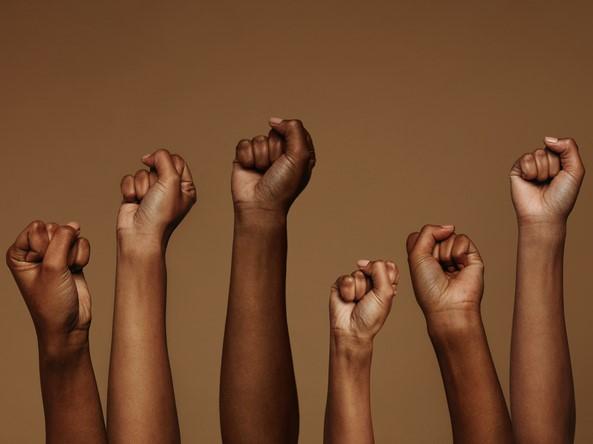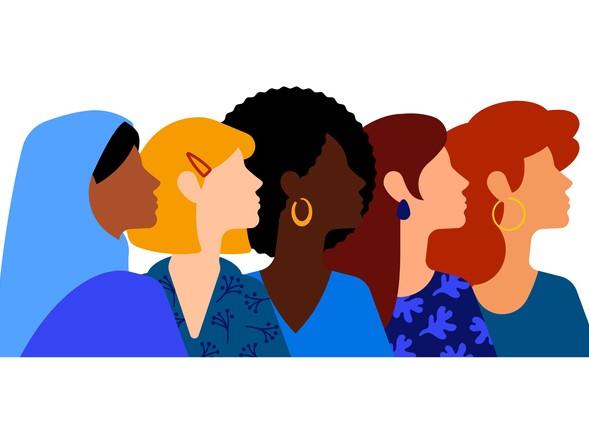
Why higher education should take an EDI lesson from Kendrick Lamar

In his 2021 song Family Ties, Kendrick Lamar raps: “I been duckin’ the overnight activists, yeah / I’m not a trending topic.” Before Family Ties was released, many criticised Lamar for not being vocal about George Floyd’s death. The ensuing debate centred on the meaning of activism and what counted as authentic. As a result, discourses of social justice became less a matter of justice and more a matter of social rank.
Lamar’s jab at “overnight activism” is an important consideration for educators. What Lamar is criticising is activism performed for its own sake, rewarding the virtuous performer for capitalising on the social context rather than achieving social progress. The problem here is not so much the performance or even the performer, but how we recognise and reward efforts towards equity, diversity and inclusion (EDI). As an educator myself, I worry that we emphasise competence at the expense of humility.
- What will your anti-racist university look like?
- Moving beyond statements of commitment to taking action on race equality
- Questions you should ask yourself about your role in institutional racism
In popular discourse, many people use the term “performative” to mean “disingenuous”. For instance, an Al Jazeera article warns that “those engaged in performative activism are damaging those causes partly because their actions are often unhelpful and meaningless”. The article then describes the social pressures contributing to the recent intensity of “slacktivism”, such as those coming from businesses.
According to Indeed, employers’ desire for competence in EDI has risen 123 per cent since 2019. Unsurprisingly, most people want to be recognised as “culturally competent” even when such recognition means drawing attention to the performer rather than the communities needing support or the systems needing change.
For Lamar, who won a Pulitzer Prize for dedicating his art to raising social consciousness around race, the influencer posting black squares on Instagram and criticising him for his supposed silence represents a problem of activist competition. “Overnight activism” became an opportunity to one-up each other, and demonstrating competence creates competition. When performative conditions rank performers, as in any competitive arena, competence is normatively evaluated in relation to other performers.
When competition of this kind enters higher education, it not only betrays principles of inclusive education, it can also erode relationships. For example, many individuals in academic institutions find themselves within particular social groups (faculty, for example) at odds with other social groups (administration, or example) in determining social justice efforts. This often contributes to an “us versus them” narrative that splinters rather than supports solidarity by asserting that one group “does more” for social justice than the other group. When we retreat into teams and focus more on who is authentic and who isn’t, we tend to ignore the important purpose of such efforts: transforming systems for meaningful inclusion.
Immediately following the murder of George Floyd in 2020, many university departments released statements that included apologies and pledges to be more inclusive. Many of these statements were seen as performative − drawing attention to the good intentions of the department rather than enacting inclusion, such as radically changing hiring practices or redesigning courses to include diverse perspectives and epistemologies. Once again, this doesn’t suggest that statement authors are driven by bad intentions. Instead, our current viral culture thrives on the trending performances that Lamar criticises.
When competence is the driver, diversity statements can actually lull historically under-represented minority populations into thinking an academic institution is more inclusive than it actually is. In a study detailed in the Harvard Business Review, results indicate that “if appeals to diversity encourage applicants to reveal racial cues to an organisation that has not adequately addressed discriminatory hiring practices, then pro-diversity statements may effectively expose minorities to greater discrimination”. Lamar reminds us that race – specifically, Lamar’s blackness – is not a trending topic. He is as black today as he was in 2020. What is needed, in statements and beyond, are not empty promises or lip service but commitments to actions that structurally transform institutions. It is not enough to promise particular communities that doors will be opened if those doors lead to discriminatory spaces.
For institutions to both promise and act, a culture of humility needs to drive reflection. Rather than wanting to be recognised, or even praised, as inclusive, especially when inclusion is trending, we need to accept that we have long been complicit in exclusionary systems. Rather than releasing defensive or apologetic statements, we need to identify actions for transformation and commit to them.
Humility is a performative reorientation that acknowledges both what we don’t know and what we are willing to learn and do. Competence is a short-term performance that saves face. Humility is a sustained process of growth and requires solidarity. Competence requires competition.
We are always in an unstable state of growth and learning, and the performative standards upheld in our communities need to reflect an openness to one another, for example, through practical guidelines such as the REDI (race, equity, diversity and inclusion) agreement. Institutions need to centre vulnerability, making it safe for individuals to express what they do not know or understand about other cultures and social identities as an opportunity to learn. While performing as a vulnerable individual is not likely to land someone in the limelight as a trending topic, such performances are critical to building trust, openness and community.
Vulnerable performances are also more likely to be recognised by others as authentic, empathic and caring. If we want to teach students how to be inclusive, we need to set a stage in which we are not the centre. In such a context, we are more likely to listen before we perform, and we are more likely to learn from and care about others.
JT Torres is director of the Center for Teaching and Learning and assistant teaching professor of English and interdisciplinary studies at Quinnipiac University, US.
If would like advice and insight from academics and university staff delivered direct to your inbox each week, sign up for the Campus newsletter.
Additional Links
For other resources related to this topic, go to our collection Being Black in the academy.


